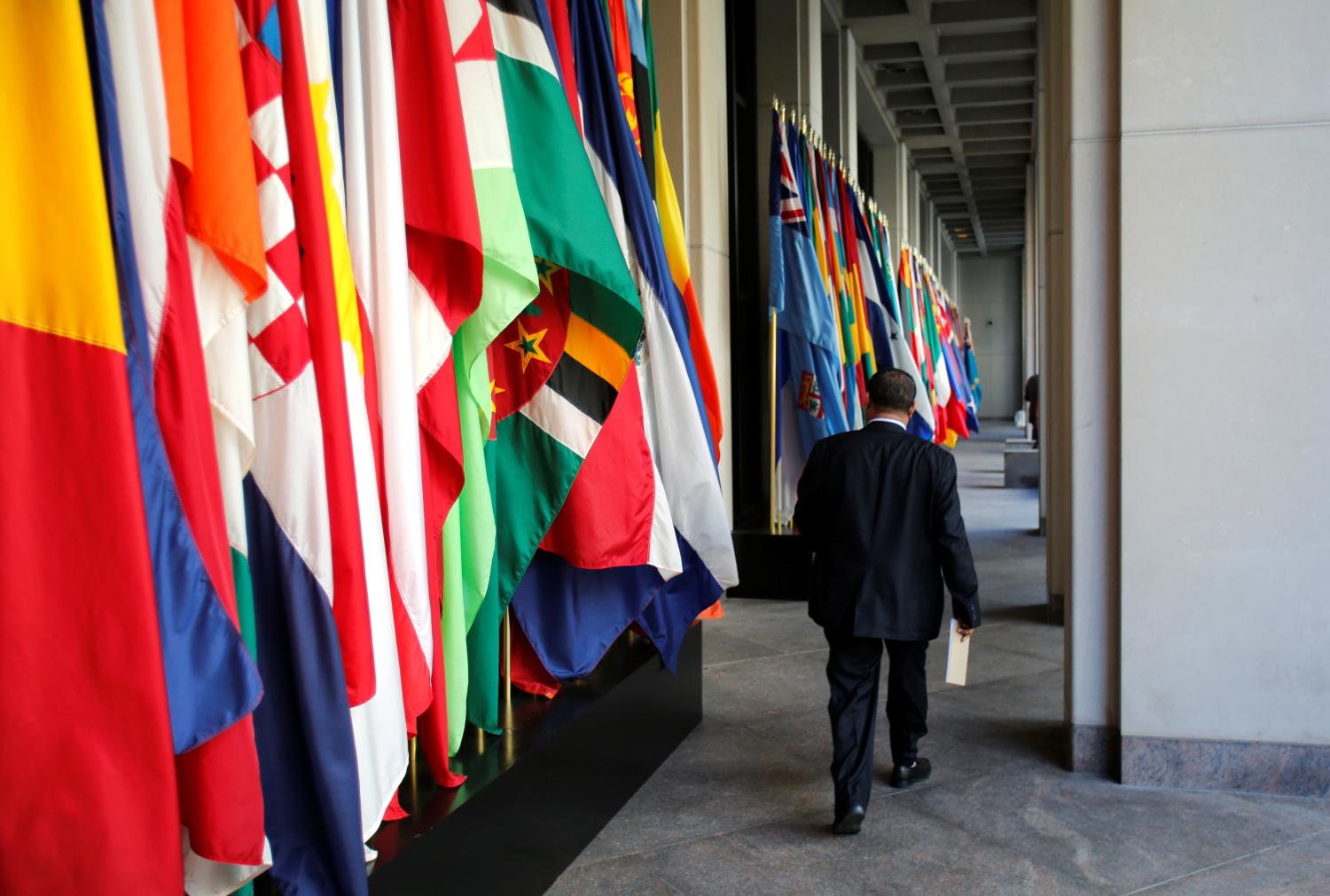Poor countries are rarely challenged in formal WTO trade disputes for failing to live up to commitments, reducing the benefits of their participation in international trade agreements.
This paper examines the political-economic causes of the failure to challenge poor countries and discusses the static and dynamic costs and externality implications of this failure. Given the weak incentives to enforce WTO rules and disciplines against small and poor members, bolstering the transparency function of the WTO is important to make trade agreements more relevant to trade constituencies in developing countries. While our focus is on the WTO system, our arguments also apply to reciprocal North-South trade agreements
The Brookings Institution is committed to quality, independence, and impact.
We are supported by a diverse array of funders. In line with our values and policies, each Brookings publication represents the sole views of its author(s).



